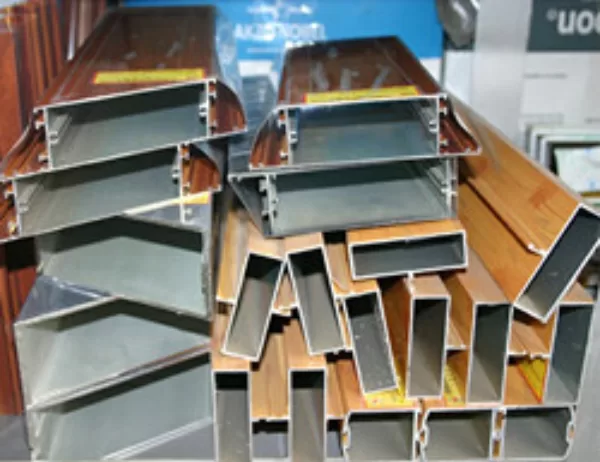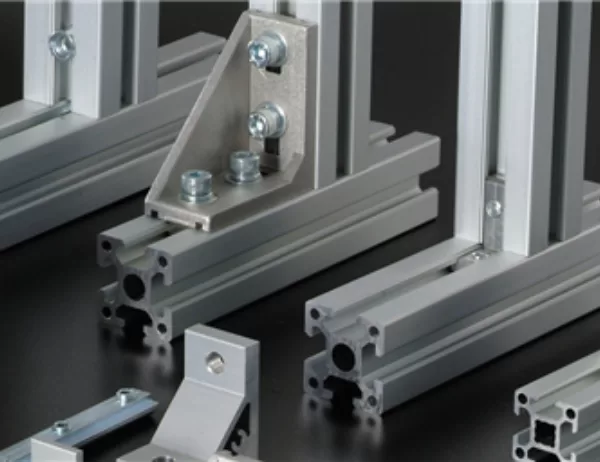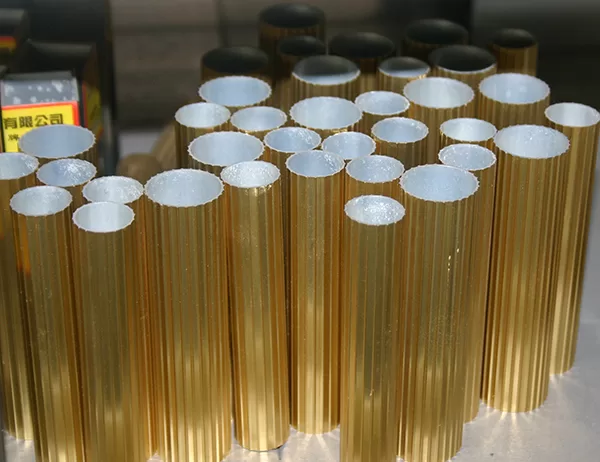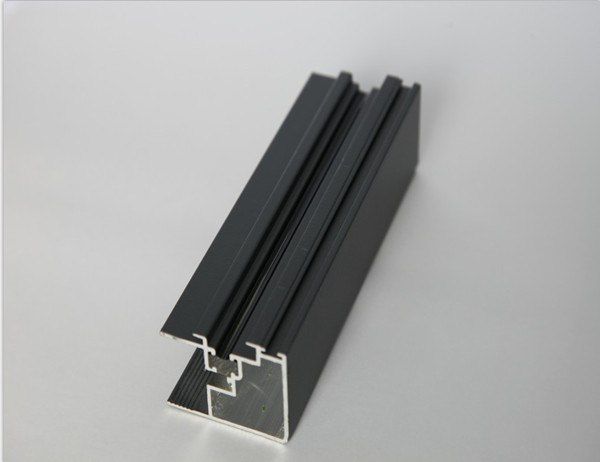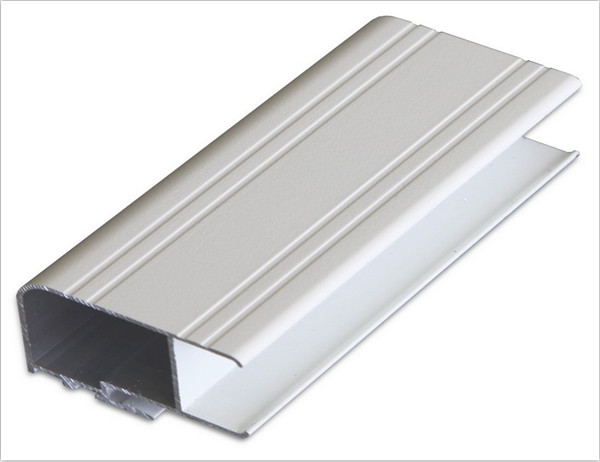Aluminum profiles have gained significant popularity in various industries due to their versatility, durability, and aesthetic appeal. However, in recent years, the environmental impact of manufacturing and using materials has become a paramount concern. This article delves into the eco-friendly aspects of aluminum profile use in industry, highlighting its sustainability attributes.
Recyclability
Aluminum is an infinitely recyclable material, with over 75% of the aluminum ever produced still in use today. This recyclability greatly reduces the need for mining new aluminum, conserving natural resources and reducing the environmental impact associated with extraction. The recycling process itself consumes only 5% of the energy required to produce primary aluminum, significantly lowering greenhouse gas emissions.
Lightweight and Durable
Aluminum profiles are renowned for their lightweight nature while maintaining exceptional strength. This combination reduces the weight of products and structures, leading to lower transportation costs and reduced fuel consumption. Additionally, aluminum’s high durability and corrosion resistance ensure longevity, further minimizing resource depletion and environmental pollution.
Energy Efficiency
The production of aluminum profiles requires less energy compared to other commonly used materials such as steel or plastic. This energy saving extends throughout the product’s lifecycle, as aluminum’s thermal insulation properties contribute to energy conservation in buildings and other applications. By reducing energy consumption, aluminum profiles help mitigate climate change and promote sustainable practices.
Biocompatibility and Non-Toxicity
Aluminum is a biocompatible material that does not pose any significant health risks. Unlike certain plastics and composite materials, aluminum does not leach harmful chemicals into the environment, ensuring the safety of both human health and ecosystems. This non-toxic nature makes aluminum profiles an ideal choice for use in food processing equipment, medical devices, and consumer products.
Reduced Waste and Emissions
The use of aluminum profiles reduces waste generation during manufacturing. Aluminum’s high strength and durability allow for precision cutting and minimal material loss. Moreover, the recyclability of aluminum ensures that end-of-life products can be repurposed, further minimizing waste and reducing the strain on landfills. Additionally, aluminum’s low maintenance requirements minimize emissions associated with cleaning and repair, contributing to a cleaner environment.
Conclusion
Aluminum profiles offer numerous eco-friendly advantages that make them an indispensable material for a sustainable future. Their recyclability, lightweight and durable nature, energy efficiency, biocompatibility, and reduced waste generation all contribute to minimizing environmental impact and promoting a circular economy. As the world increasingly embraces sustainable practices, aluminum profiles are poised to play a key role in fostering a greener and more environmentally responsible industrial landscape.
